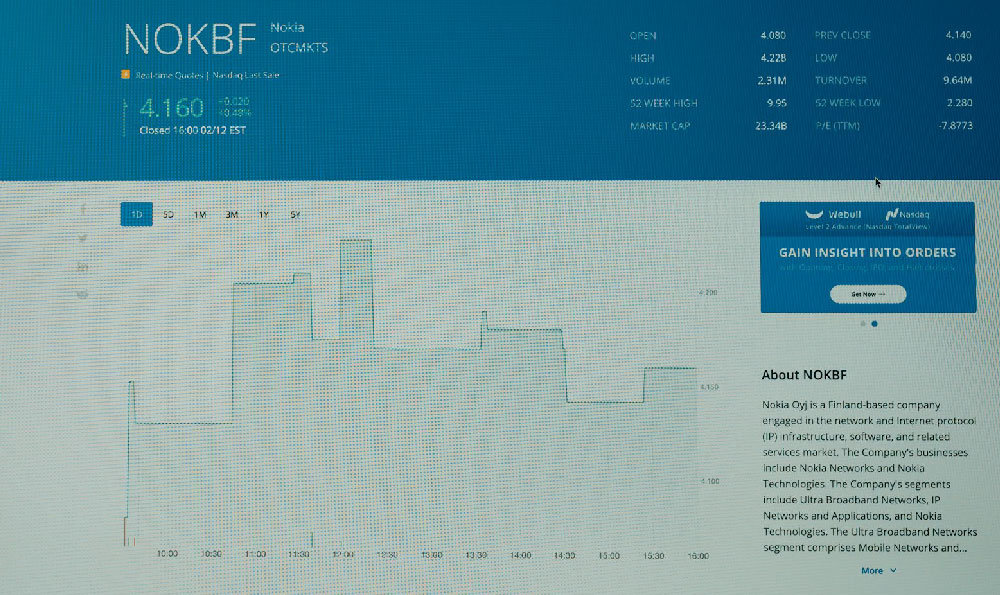Private equity funds, often shrouded in an aura of exclusivity and high returns, represent a significant, albeit complex, area of alternative investment. Understanding how and where to invest in them requires a careful evaluation of your financial profile, risk tolerance, and investment goals, coupled with a solid grasp of the private equity landscape. These funds, unlike publicly traded stocks, invest directly in private companies or acquire public companies with the intention of taking them private. This allows them to implement strategic changes and operational improvements without the immediate scrutiny of the public market.
One of the primary considerations before delving into private equity is your suitability as an investor. These funds typically cater to institutional investors and high-net-worth individuals due to the substantial minimum investment requirements, which can range from hundreds of thousands to millions of dollars. The illiquidity of the investment is another crucial factor. Unlike stocks that can be readily bought and sold, private equity investments are locked in for a period of several years, typically 5 to 10, sometimes even longer. This makes them unsuitable for investors who may need access to their capital in the short to medium term. Furthermore, the information available on private companies is significantly less than that for publicly traded ones, requiring greater due diligence from the investor.
Having established your suitability, the next step is to understand the different types of private equity funds and their respective investment strategies. Venture capital funds, for example, focus on early-stage companies with high growth potential. These investments are inherently riskier but can also yield substantial returns if the company is successful. Buyout funds, on the other hand, acquire established companies with the aim of improving their operations, often through restructuring, cost-cutting, or expansion into new markets. These funds generally carry less risk than venture capital funds but also offer potentially lower returns. Growth equity funds sit somewhere in between, investing in mature companies that are seeking capital to fuel further expansion. Other specialized private equity funds might focus on specific sectors, such as real estate, infrastructure, or distressed assets.

Selecting the right private equity fund is paramount. This involves a thorough evaluation of the fund's general partner (GP), which is the firm managing the fund. Consider their track record, investment philosophy, and the expertise of their investment team. A proven history of successful investments, strong industry knowledge, and a disciplined approach to deal sourcing and execution are crucial indicators of a reputable GP. Reviewing the fund's past performance is essential, but remember that past performance is not necessarily indicative of future results. Instead, analyze the underlying reasons for their success and whether those factors are likely to persist in the future. It's also important to understand the GP's fee structure, which typically includes a management fee (usually a percentage of the assets under management) and a carried interest (a share of the profits generated by the fund).
Where to invest in private equity funds requires a bit of exploration. Direct investment in private equity funds typically requires a relationship with the GP. Unless you have pre-existing contacts, you may need to demonstrate your financial capacity and investment sophistication. Investment banks and wealth management firms often offer access to private equity funds for their high-net-worth clients. These firms conduct due diligence on the funds they offer and can provide valuable insights into their investment strategies and risk profiles. Another avenue is through fund-of-funds, which are funds that invest in a portfolio of other private equity funds. This provides diversification and potentially reduces risk, but it also comes with an additional layer of fees. Emerging platforms are also making private equity investments available to a wider audience, albeit with significant risks. These platforms may offer lower minimum investment amounts, but they often involve less established GPs and may be subject to less regulatory oversight. Exercise extreme caution when considering these options.
Before committing to a private equity investment, carefully consider the potential risks and rewards. Private equity investments are inherently illiquid and can be difficult to value. Market conditions, industry trends, and company-specific factors can all impact the fund's performance. Due diligence is paramount; ensure you thoroughly understand the fund's investment strategy, the GP's track record, and the potential risks involved. Seek independent financial advice from a qualified professional who can help you assess your suitability and navigate the complexities of private equity investing. Diversification is also crucial. Do not allocate a disproportionate amount of your portfolio to private equity, as it is a higher-risk asset class. Consider your overall investment goals and risk tolerance before making any investment decisions.
Finally, remember that private equity is a long-term investment. Be patient and prepared to ride out market fluctuations. Stay informed about the fund's performance and any significant developments within the portfolio companies. Regular communication with the GP is essential to stay abreast of the fund's progress. While the potential for high returns is alluring, private equity investments are not without their challenges. A disciplined approach, thorough due diligence, and a long-term perspective are key to navigating this complex and rewarding asset class. Remember to continuously reassess your investment strategy and consult with financial advisors to ensure that your private equity investments align with your overall financial goals. Protecting your capital should always be the top priority.












